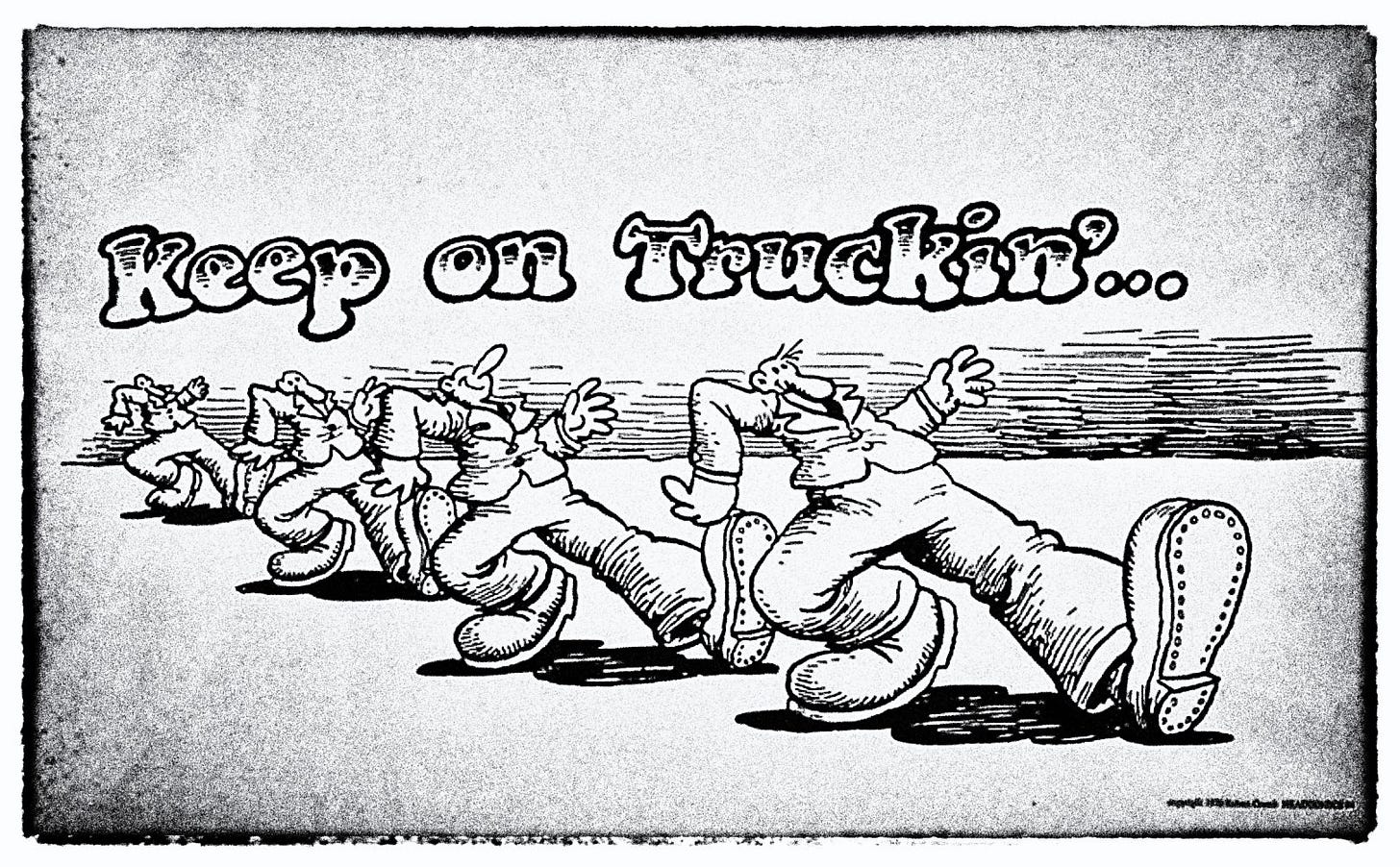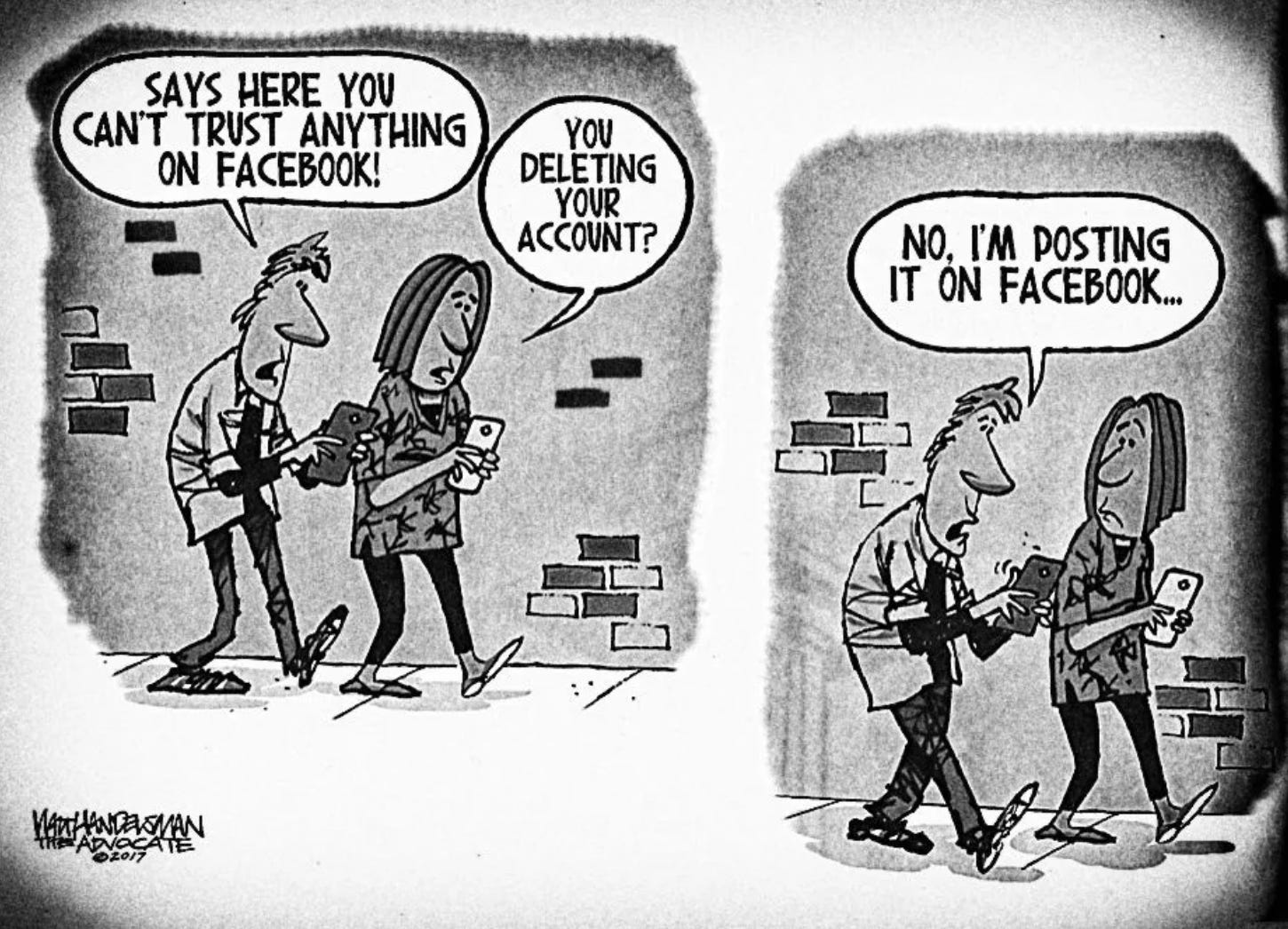The DisInformation Chronicle Welcomes You to 2023
We have grown to almost 15,000 readers; please set up a paid subscription to keep us growing this community.
Hello readers,
Welcome to the new year. Almost two years back, I noticed that my news feed was filling up with too much disinformation and misleading news about science and medicine. Some of this was due to polarization in America—with people picking and choosing facts based on their political preferences—but PR companies and special interest groups were also promoting misleading news.
I started The DisInformation Chronicle with friends and help from a silent editor to start a community of experts and others interested in the problem of misinformation in science and medicine; we’ve since grown from a couple hundred subscribers to almost 15,000 readers.
In several dozens reports and interviews, we’ve covered a wide range of subjects. Here are a few:
Lack of journalistic professionalism in the science writing community;
PR influence in government agencies;
Corporate ghostwriting to influence national policy;
Poor ethics in science and medical journals;
Government misinformation put out during the COVID pandemic;
Ghostwriting in journals and newspaper essays;
Nonprofits secretly funded by industry;
PR influence inside government agencies;
Misinformation in the media;
Fossil fuel industry internal documents on climate change;
Corruption in federal agencies.
Stories in The DisInformation Chronice have been co-published by DeSmog, the Journal of Scientific Practice and Integrity (JoSPI), and the Brownstone Institute. News first reported here has also been picked up in numerous media outlets around the world—some in languages I can’t read.
However, I’m still trying to grow the paid readership to keep growing this community, so please take out a paid subscription.
Below are highlights from last year:
Why Do People Not “Trust the Science”? Because Like All People, Scientists Are Not Always Trustworthy
Scientists-For-Hire Synthesize Artificial Research to Protect Astroturf
Monsanto’s Ghostwriting to Influence Science and Media
When a UNC Grad Student Confronted Dr. Ralph Snyderman for Aiding the Sacklers’ Opioid Scheme, the Duke University Professor Threatened Legal Action
Duke’s Press Office: “I can’t comment on Ralph Snyderman.”
Lies, Damned Lies, and Fact Checks
Former CDC Director Robert Redfield On Inside Battles With Anthony Fauci, And Why Classified Information Will Point to a Lab Accident in Wuhan
ROBERT REDFIELD: DICHRON INTERVIEW
Weber Shandwick Provides PR for Moderna and Pfizer, While Staffing the CDC’s Vaccine Office
PR Firm Repping Vaccine Manufacturers Now Promotes Doctors Group Denouncing Alleged COVID Vaccine Disinformation
Punching Down: How the "anti-disinformation" movement worked with Big Tech to protect Big Pharma
Guest essay by Andrew Lowenthal, expert in digital rights and open technology.
Welcome to 2023, and please set up a paid subscription to keep this conversation going and out community growing into the future.














Hi Paul,
I tried to set up a Substack for a very niche technical subject recently just to see how Substack works. And I have some feedback for Substack (the company) and also the writers.
Just like every other service nowadays, there is a bit of a subscription fatigue associated with Substack also. However, unlike every other new service, there is something very unique about Substack that the company may not be exploring.
I think Substack should provide a feature which allows writers to select a list of articles, grouped by topic, and sell them as an eBook for a one time payment for a price set by the writer - and the eBook can only be read from the Substack Inbox (the web-based reader). This way, you can avoid the usual piracy related issues you face from converting it into some kind of PDF format.
This provides many benefits -
1 A lot of people are already used to paying one time for eBooks, so the first sale is much easier
2 Grouping a list of existing articles into an eBook is nothing new, and maybe easier to write than an actual eBook
3 I think there are many people who would be very happy to support writers if they did not have to take out a paid subscription. Also do not discount the challenges of doing dollar-denominated subscription payments from countries like India. But it is significantly easier to do dollar denominated one time payments.
4 I think some of the folks who pay for the eBooks will choose to become paid subscribers because they already have a good idea of what to expect
5 The writer has an opportunity to explore a wider range of topics and turn each one into a different eBook. You can already do that with the Topics feature, but there is no way for people to become paid subscribers only to specific topics. And even if the option was available, is it ideal for the writer to cater to all their audiences on a regular schedule?
If you are in touch with someone from Substack, maybe you can pass this feedback along to them.